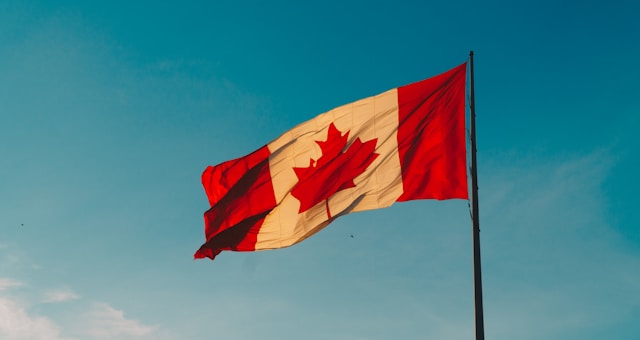In a surprising turn of events, Justin Trudeau has announced his resignation as the leader of the Liberal Party and as Prime Minister of Canada. This decision comes after months of internal pressure and declining popularity. Trudeau, who has led Canadian politics since 2015, cited internal battles and the need for a “real choice” in the next election as reasons for his resignation.
Achievements and Controversies
Trudeau’s time has seen significant achievements and controversies. Under his leadership, Canada has implemented progressive policies such as the legalization of cannabis, the introduction of a carbon tax, and the advancement of LGBTQ+ rights. However, during his time in office, he also faced scandals, including the SNC-Lavalin affair and the WE Charity controversy.
Leadership Contest
The Liberal Party will now embark on a leadership contest to select Trudeau’s successor. This process is expected to be highly competitive, with several prominent figures within the party likely to vie for the top position. In the meantime, Trudeau will remain in office until a new leader is chosen, ensuring a smooth transition of power.
Parliament Prorogued
Parliament has been prorogued until March 24 to allow time for the leadership contest. This period will be crucial for the Liberal Party as it seeks to regroup and prepare for the next federal election. The outcome of this leadership race will undoubtedly shape the future direction of the party and its policies.
End of an Era
Trudeau’s resignation marks the end of an era in Canadian politics. His leadership has left an indelible mark on the country, and his departure opens the door for new voices and perspectives within the Liberal Party. As Canada looks ahead to the next chapter, the political landscape is set for significant change.
Challenges Ahead
Trudeau’s decision to step down comes at a time when the Liberal Party is facing numerous challenges. The COVID-19 pandemic has put immense pressure on the government, and the economic recovery has been slower than anticipated. Additionally, the party has been grappling with internal divisions and a growing sense of disillusionment among its supporters.
Critical Moment
The leadership contest will be a critical moment for the Liberal Party. Potential candidates will need to address these challenges and present a vision for the future that resonates with both party members and the broader electorate. The new leader will also need to rebuild trust and unity within the party, which will be essential for its success in the next election.
Trudeau’s Legacy
As Trudeau prepares to leave office, he can look back on a tenure that has been both transformative and tumultuous. His legacy will be defined by his efforts to modernize Canada and promote social justice and the controversies that have overshadowed his achievements. Regardless of one’s opinion on his leadership, there is no denying that Trudeau has been a significant figure in Canadian politics.
Reflection and Renewal
The coming months will be a period of reflection and renewal for the Liberal Party. The leadership contest will allow the party to reassess its priorities and chart a new course for the future. It will also be a chance for the party to reconnect with its base and regain the trust of the Canadian people.
Justin Trudeau’s resignation marks a pivotal moment in Canadian politics. His departure opens the door for new leadership and fresh perspectives within the Liberal Party. As the party prepares for the next election, it must address its challenges and present a compelling vision for the future. The outcome of the leadership contest will shape the direction of the party and the country for years to come. ¹ ² ³ ⁴ ⁵ ⁶

